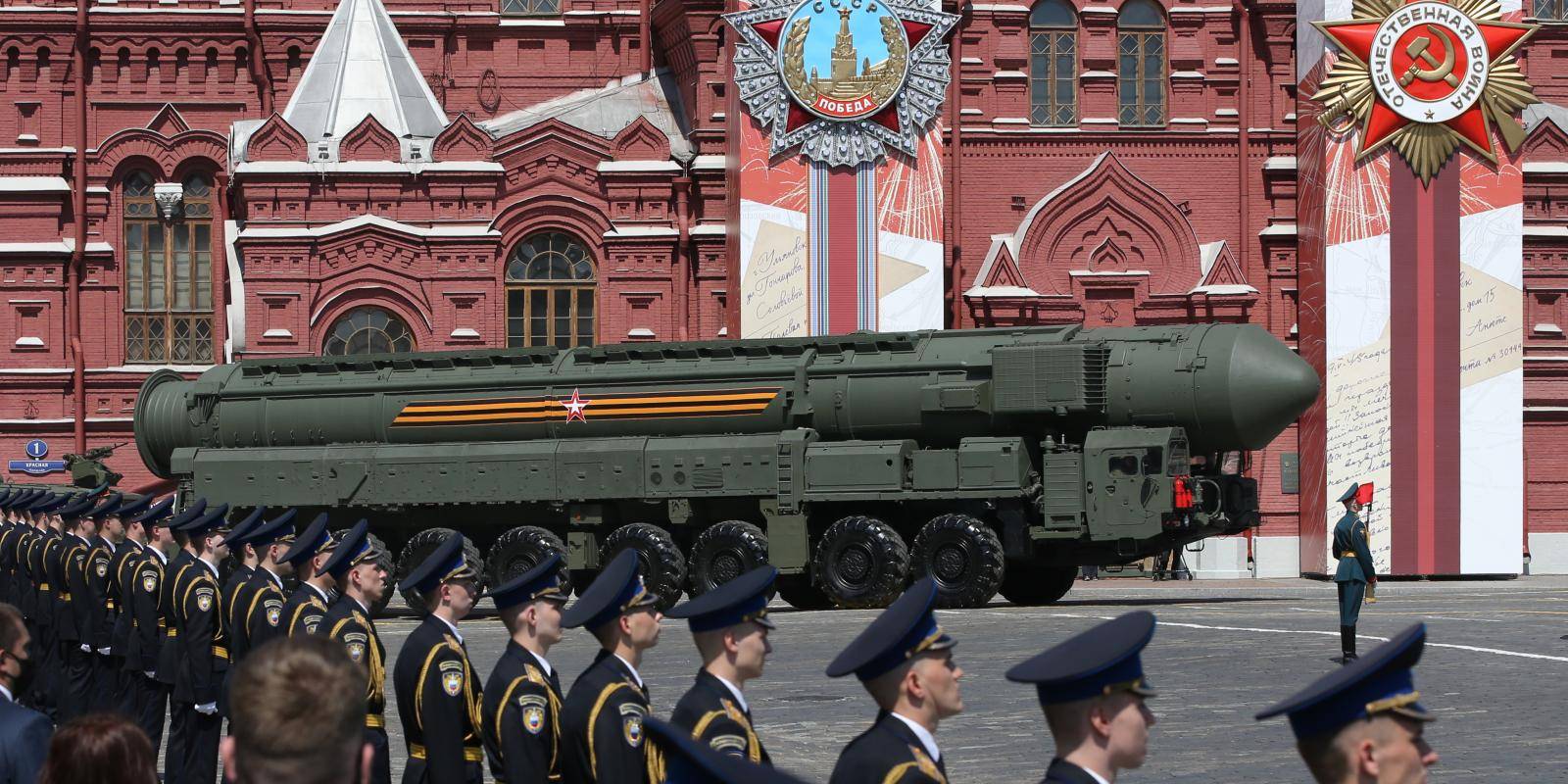North Korea Condemns US Role in Escalating Ukraine Crisis Towards Catastrophic Nuclear Outcome

North Korea Condemns US Role in Escalating Ukraine Crisis Towards Catastrophic Nuclear Outcome
In-Depth Analysis
In a startling turn of events, North Korea has entered the international stage with a scathing indictment of the United States‘ actions in the ongoing Ukraine crisis, warning of potential catastrophic consequences. The reclusive nation, known for its own nuclear ambitions, has accused the US of driving the situation perilously close to a nuclear disaster. This unexpected criticism highlights the complexities and global implications of the Ukraine crisis, magnifying concerns about the precarious balance of power and the potential for devastating escalation.
Diplomatic Ripple Effects
North Korea’s commentary on the Ukraine crisis underscores the interconnectedness of geopolitical events and the perceptions of global players. While North Korea’s stance might appear opportunistic given its own nuclear pursuits, it cannot be dismissed outright. The international community must consider the motives behind this statement, and whether it reflects a genuine concern for global stability or a calculated move to serve North Korea’s interests.
Historical Context
The Ukraine crisis has its roots in historical tensions and divergent geopolitical aspirations. As Ukraine sought closer ties with the West, Russia perceived this as a threat to its influence in the region. The subsequent annexation of Crimea in 2014 and the ongoing conflict in Eastern Ukraine have strained international relations and ignited debates over sovereignty and territorial integrity.

US Involvement and Nuclear Implications
The United States has been a vocal supporter of Ukraine’s aspirations and has provided both diplomatic and material support. However, North Korea’s contention that the US is pushing the crisis towards a nuclear disaster demands closer examination.
The power dynamics at play are complex. The US, as a leading global superpower, bears a substantial responsibility in international crises. Its actions and decisions have far-reaching ramifications. In this context, the use of the term “nuclear disaster” by North Korea is a potent choice that draws attention to the catastrophic potential of unchecked escalation.
Proxy Conflicts and Global Stability
The Ukraine crisis has evolved into a multifaceted proxy conflict, drawing in various nations and interests. The danger lies not only in direct confrontation but also in the risk of unintended escalation. As rhetoric becomes more heated and military maneuvers more provocative, the potential for miscalculation grows exponentially.
North Korea’s reference to a “nuclear disaster” resonates strongly with global audiences, as it conjures images of past nuclear catastrophes and highlights the irreversible impact of such events. This strategic choice of words serves to emphasize the urgency of the situation and rally international attention.

The Fragility of Nuclear Diplomacy
The world has not forgotten the lessons of the Cold War, when the threat of nuclear annihilation loomed large. The delicate balance of deterrence and diplomacy that has kept nuclear powers in check is now facing severe tests. North Korea’s own nuclear ambitions add a layer of complexity to its criticism of the US role in the Ukraine crisis.
The phrase “nuclear disaster” resonates deeply with the public, tapping into primal fears of widespread destruction and long-term environmental damage. This underscores North Korea’s efforts to depict the situation as dire and in need of immediate global intervention.
Pathways to De-escalation
The situation in Ukraine is at a crossroads. International leaders must carefully consider the ramifications of their decisions and actions. The possibility of negotiations and diplomatic efforts cannot be overlooked. North Korea’s strong language serves as a stark reminder that the consequences of failing to address the crisis could be catastrophic.
In the face of a potential “nuclear disaster,” cooler heads must prevail. The use of this emotionally charged term compels leaders to rise above short-term interests and prioritize the long-term stability of the region and the world.

Conclusion
North Korea’s unexpected entry into the discourse on the Ukraine crisis has added a new layer of complexity to an already delicate situation. While the motivations behind its critique are subject to speculation, the potency of its chosen words cannot be ignored. The specter of a “nuclear disaster” is a haunting reminder of humanity’s shared vulnerability and the critical importance of diplomacy, cooperation, and the pursuit of peaceful resolutions in times of crisis. As global citizens, we must demand accountability from our leaders and insist on a path that averts the brinkmanship that could plunge us into the very catastrophe we all fear.




